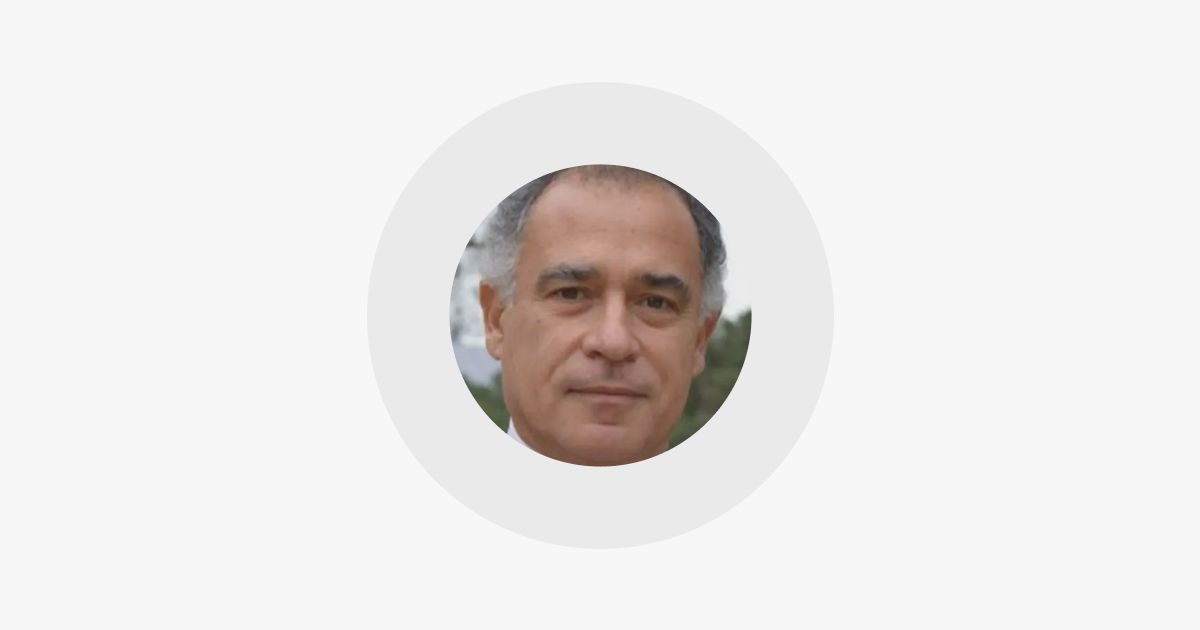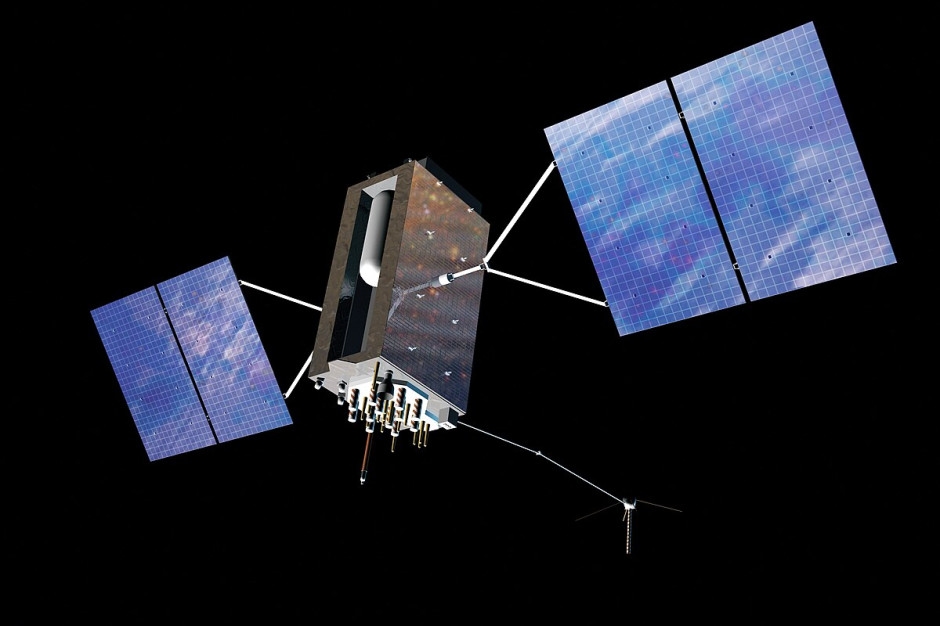The political meter explains the biggest hoax in politics.

The biggest political hoax in the world is related to the left-right classification, which began with the French Revolution of 1789. Those who positioned themselves further to the left had lower incomes and advocated for a republic and the end of the monarchy. Those who positioned themselves further to the right had higher incomes and advocated for a non-absolutist constitutional monarchy.
Over time, and even to this day, based on this stance, the overwhelming majority of media outlets have actively collaborated with left-wing political currents to create the biggest political hoax in the world.
This fallacy is the notion that the left is "good" and the right is "evil."
I'll explain why by giving some examples.
In communist Russia, starting in 1917, the state carried out political, religious, and racial repression, killing opponents and undesirable groups or imprisoning them in gulag camps. In countries with a free press, this was silenced by the media because it was not consistent with the left being "good." In Portugal, there are left-wing politicians in the 21st century who claim to know nothing about these gulag camps.
In Nazi Germany, starting in 1933, the state also carried out political, religious, and racial repression, killing opponents and undesirable groups or imprisoning them in concentration camps. In countries with a free press, this was reported by the media because it was consistent with the right wing being "evil." In Portugal, no politician in the 21st century is unaware of the existence of these concentration camps.
In communist Russia, the state stole agricultural properties from "rich" landowners and gave them to "poor" peasants, later nationalizing them. In countries with a free press, this was reported by the media because it was consistent with the left being "good."
In Nazi Germany, the state controlled and conditioned economic activity and created state-owned companies, such as Volkswagen. In countries with a free press, this was silenced by the media because it was not consistent with the right wing being "evil."
In communist Russia, the state censored the media. In countries with a free press, this was silenced by the media because it was not consistent with the left being "good."
In Nazi Germany, the state also censored the media. In countries with a free press, this was reported by the media because it was consistent with the idea that the right wing was "evil."
In short, the media publicizes what they consider "good" and remains silent about what they consider "bad" when it is done by left-wing regimes, and they have the opposite attitude towards right-wing regimes.
As a result, despite communist Russia having preceded Nazi Germany in the same "evil" policies, they are perceived as right-wing.
We can observe this intentional perversion in relation to China, a left-wing dictatorship that has good press despite censoring the media, exercising political repression, segregating people of different ethnicities and religions in concentration camps and killing large numbers of them, controlling and conditioning economic activity, permanently monitoring people by imposing a social classification of behavior on them (as George Orwell predicted in the book “1984” ) and being the biggest polluter on the planet (1).
Fortunately, the political meter has emerged, which allows us to undo this deception.
The political meter is an instrument that allows one to understand the foundation and motivation of any policy, positioning it appropriately on the left-right continuum.

Left-wing policies are based on the primacy of the State over the Individual, while right-wing policies are based on the opposite.
However, left-wing politicians have perverted this classification because they consider the primacy of the State in the economy (economic activity) to be "good" and the primacy of the Individual in coexistence (peaceful life in common) to be "good".
In my previous article , “The political meter explains the fiscal frenzy,” I explained that in a society, there are two major axes of policy convergence: the axis of coexistence and the axis of the economy. The diagrams below illustrate the positioning of the parties on these two axes according to the political meter and according to the left's deception:

There are parties considered left-wing (PCP, BE, LI, PS) that advocate left-wing policies (primacy of the State) in the economic sphere (for example, state-owned monopolies, preference for the State in health, education, and social security) and are therefore portrayed as "good" by the media. Simultaneously, they advocate right-wing policies (primacy of the Individual) in the social sphere (for example, light prison sentences, sexual libertinism, residency permits for any foreigner simply by submitting an expression of interest) and are also portrayed as "good".
There are parties considered right-wing (IL, PP, PSD) that advocate right-wing policies (primacy of the individual) in the economic sphere (for example, the end of state-owned monopolies, the possibility of private companies providing services in health, education, and social security) and are therefore portrayed as "bad" by the media. Interestingly, they are portrayed as "bad" regardless of whether they advocate left-wing or right-wing policies in the area of social interaction (light or heavy prison sentences, permissiveness or conservatism in interpersonal relationships, strict or restrictive requirements for foreign residency permits). A curious case is the CH party, which is considered right-wing despite advocating the primacy of the state in the economy and social interaction.
The deception continues!
This hoax serves to falsely and hypocritically claim that being left-wing is "good" and being right-wing is "bad."
In reality, good and bad only exist at the extremes. Both the far-right stance on immigration, with its simple expression of interest (but considered left-wing in light of the deception), and the far-left stance on the nationalization of TAP, both practiced by António Costa's PS governments, are and will continue to be detrimental to the country.
When will the media stop being complicit in this hoax?
I don't know, but I hope what Abraham Lincoln said, adapting Jacques Abbadie's thought, is true: "You can fool all the people some of the time, and some of the people all the time, but you cannot fool all the people all the time."
I know honest and competent socialists who defend the primacy of the State in many policies. They believe (naively) that those who will implement the policies they advocate are as honest and competent as they are. There is no guarantee of this; in fact, there is ample evidence to the contrary, with cases of corruption, abuse of power, and incompetence everywhere.
The biggest problem with left-wing policies is that there is no effective way to limit state abuses. This problem does not exist in right-wing policies because abuse can be limited through the coercive power of the state. This has already happened over time in various matters, for example in the employment of children in economic activity.
As Friedrich von Hayek explained in his book "The Road to Serfdom," left-wing policies progressively lead to the growth of the state and the imposition of its coercive force, as we see now with plastic bottle caps and the extreme environmental demands of climate change advocates, which are leaving European companies lagging behind the rest of the world, drastically reducing their competitiveness. This is so evident that one might even think there is an "agenda" behind these policies.
In totalitarian countries and in Europe (especially in Portugal), society is flooded with leftist policies, aligned with the growth of the Leviathan State.
observador





